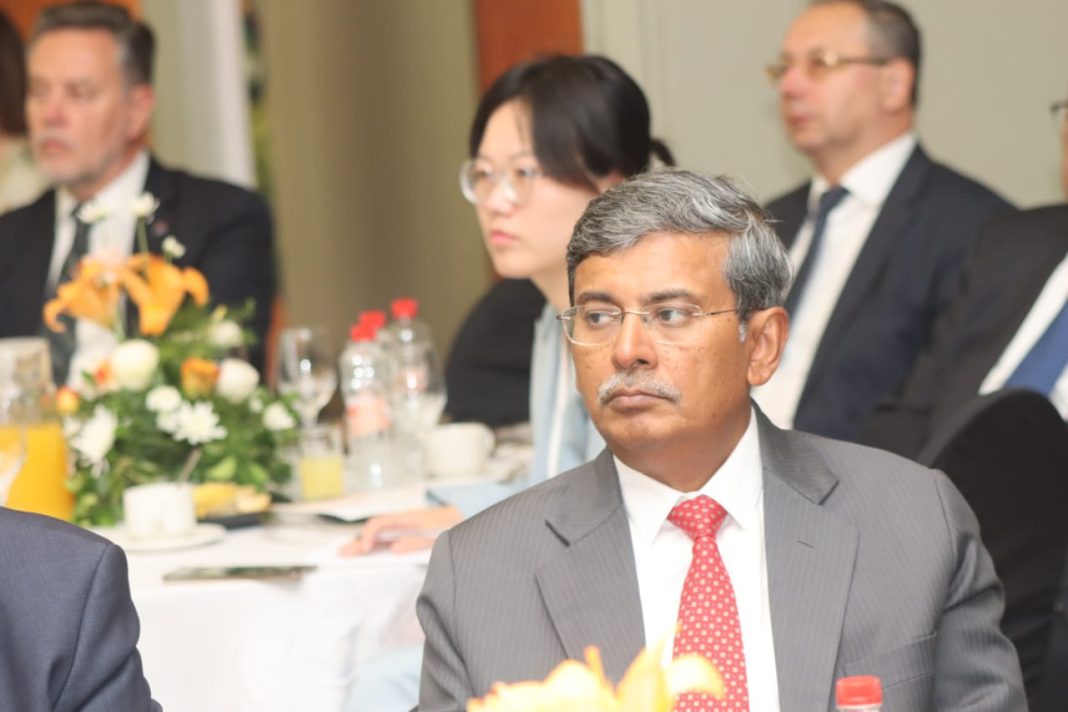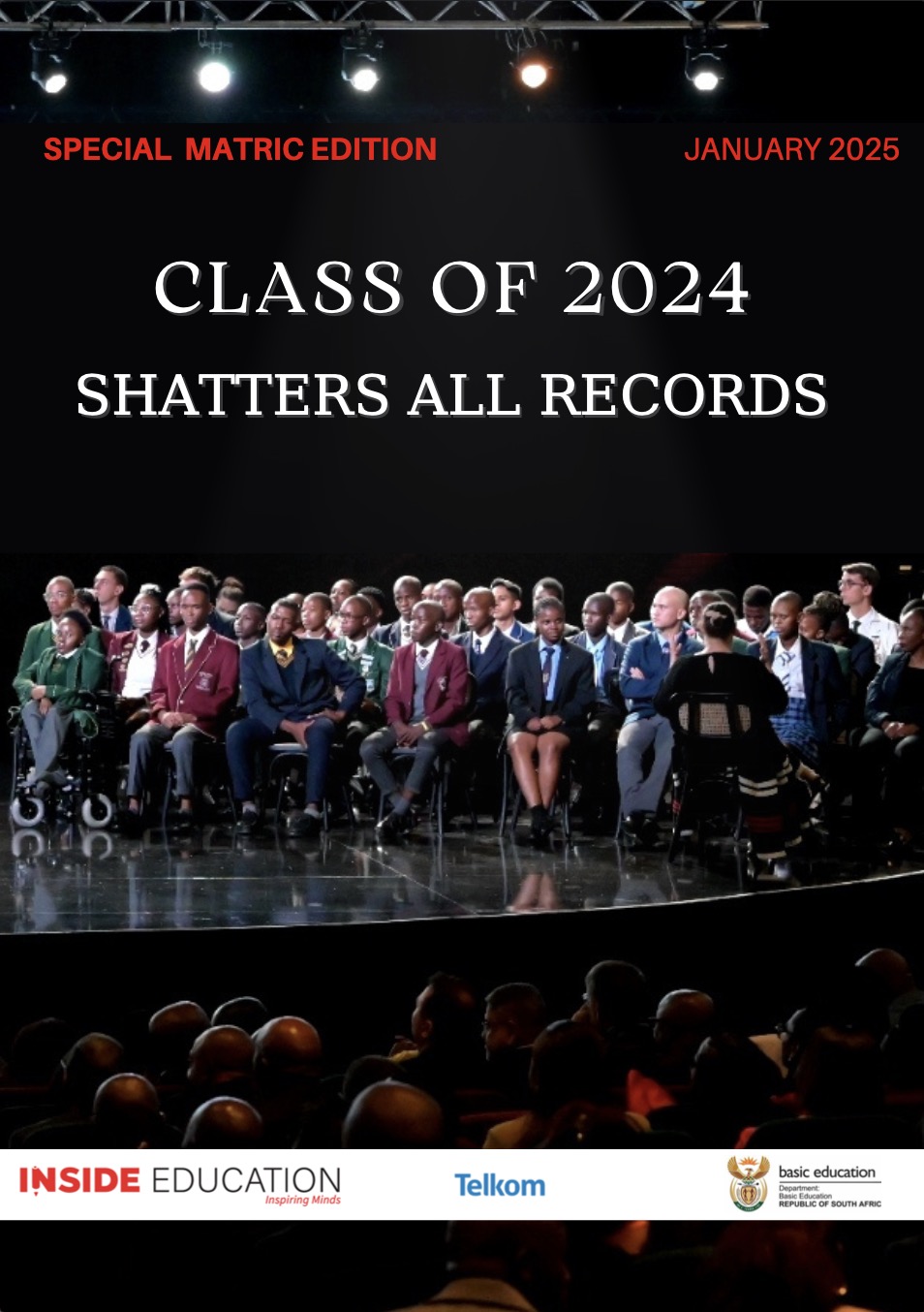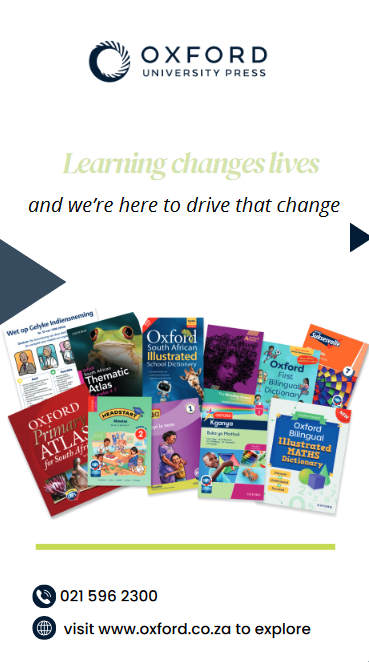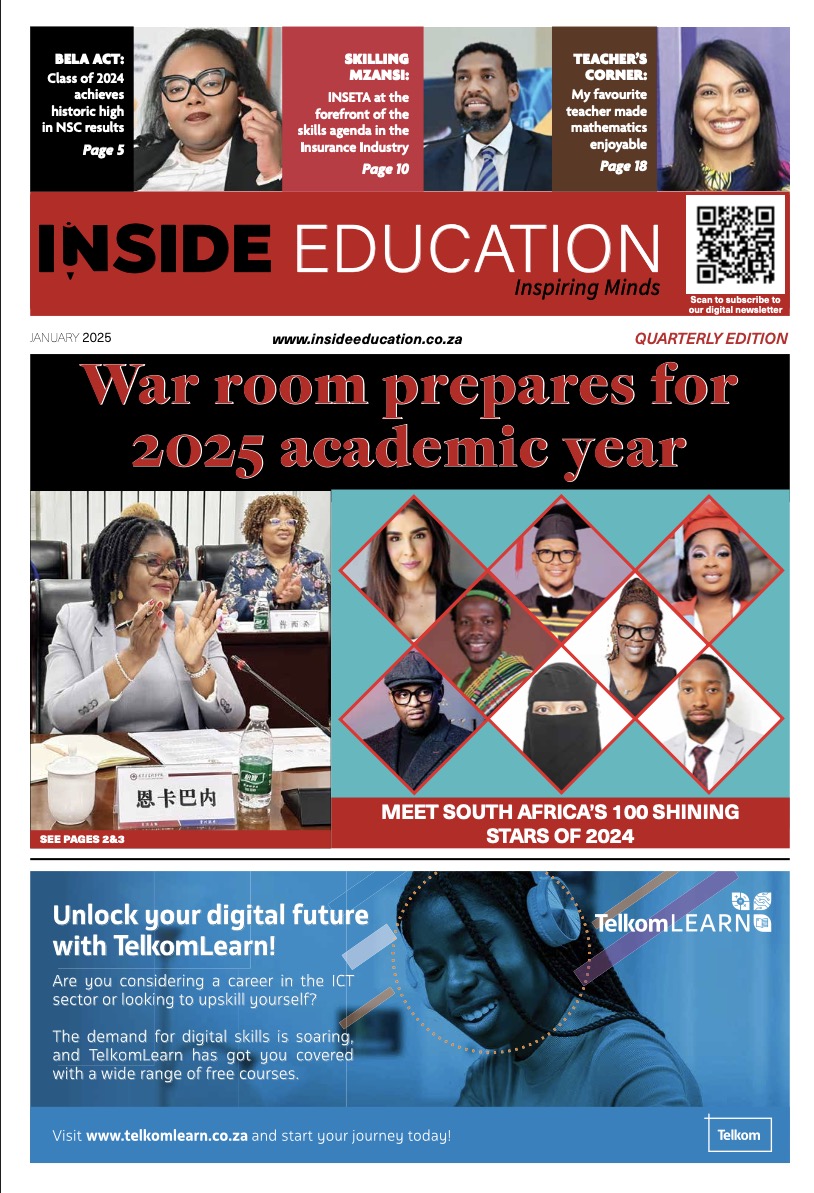By Johnathan Paoli
Basic Education Minister Siviwe Gwarube has called on the international community to appreciate the shared responsibility of nations in ensuring that every child has access to quality education.
Gwarube was speaking at the G20 Education Working Group Ministerial Breakfast with ambassadors and high commissioners in Cape Town on Monday.
She highlighted the importance of mutual recognition of qualifications across borders and the necessity of equipping educators in light of a changing landscape.
“To build a future where every child has access to quality education, where qualifications are mutually recognised across borders and where our education professionals are equipped to meet the demands of a rapidly evolving world,” Gwarube said.
She outlined three primary priorities for the working group in 2025.
Firstly, she stressed the importance of quality foundational learning through early childhood care and education (ECCE), emphasising its critical role of ECCE and noting that foundational learning significantly influenced a child’s cognitive, social, and emotional development.
She cited research indicating that children who received quality early education were more likely to succeed academically and socially.
To address disparities in access, especially in low-income and rural areas, South Africa is investing in early childhood educator training, developing culturally relevant curricula and ensuring safe and engaging learning environments.
Secondly, Gwarube called for mutual recognition of qualifications, saying that in the globalised world, the ability for students and professionals to move across borders was essential.
She acknowledged that disparities in education systems created barriers and called for close collaboration between G20 countries to establish clear frameworks for mutual recognition.
This involved aligning curricula, developing standardised assessment methods and sharing best practices.
She emphasised that mutual recognition was a political commitment to inclusivity and mutual respect.
Lastly, she advocated for professional development for educators. The minister said that the rapid pace of technological advancements and shifting socio-economic landscapes meant there was a need for continuous professional development.
This ensured they could integrate technology into classrooms, adopt innovative teaching methodologies and cater to diverse learner needs.
The group is committed to expanding access to training programmes, strengthening professional networks and fostering a culture of lifelong learning among educators.
The minister expressed deep gratitude to the diplomatic community for their unwavering commitment to education.
The minister reiterated the importance of solidarity, equality and sustainability in education.
She called upon all nations to work together to address the challenges facing education systems and to ensure that every learner, regardless of their background, has access to quality education.
Gwarube emphasised that education was the most powerful tool to create economic opportunities and drive progress.
The minister expressed confidence that the discussions and collaborations during the group’s meetings throughout the year would lead to innovative solutions and meaningful progress.
She encouraged participants to seize the opportunity to learn from one another, share experiences and forge a path towards a brighter, more equitable future for all.
INSIDE EDUCATION










